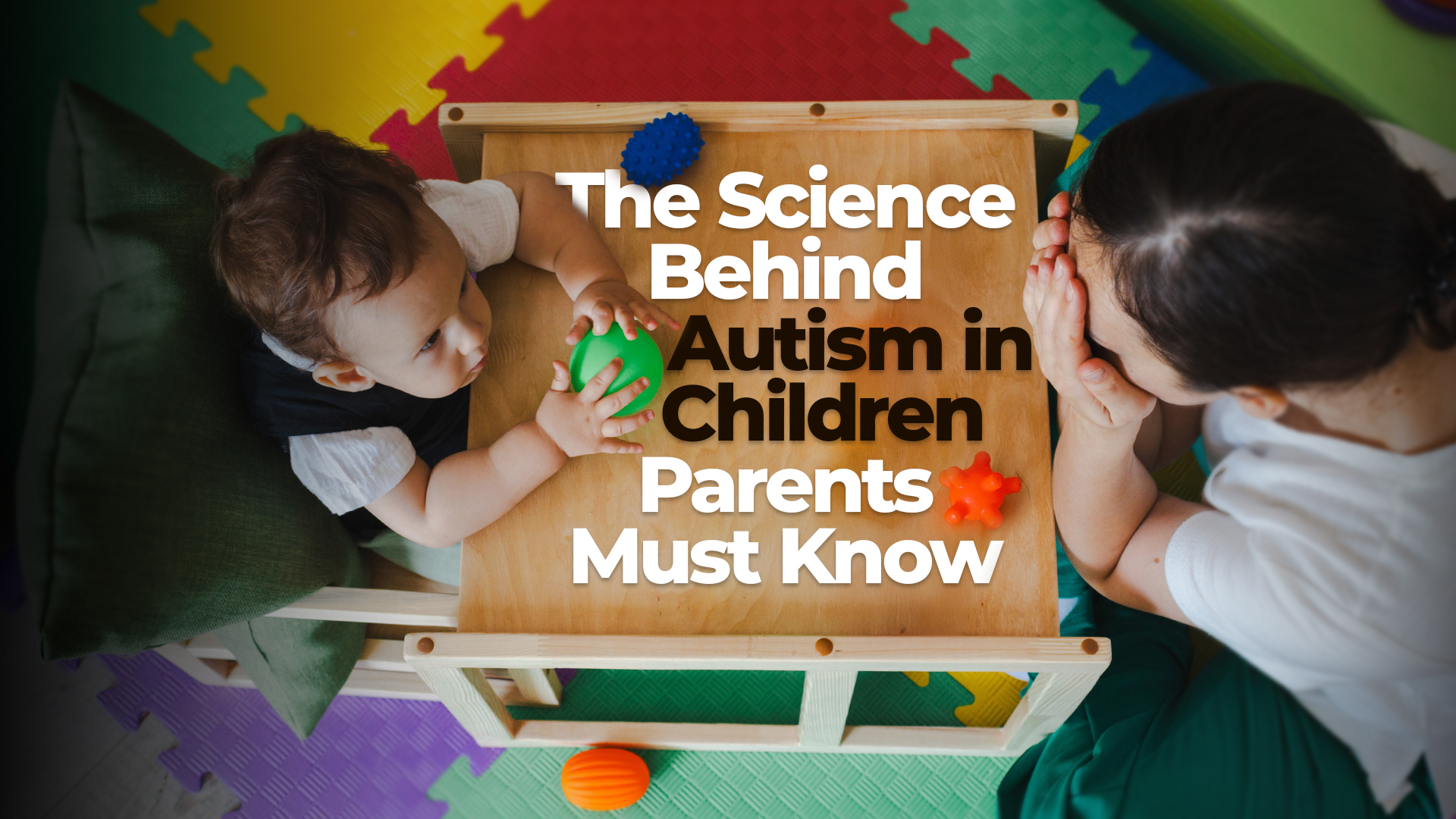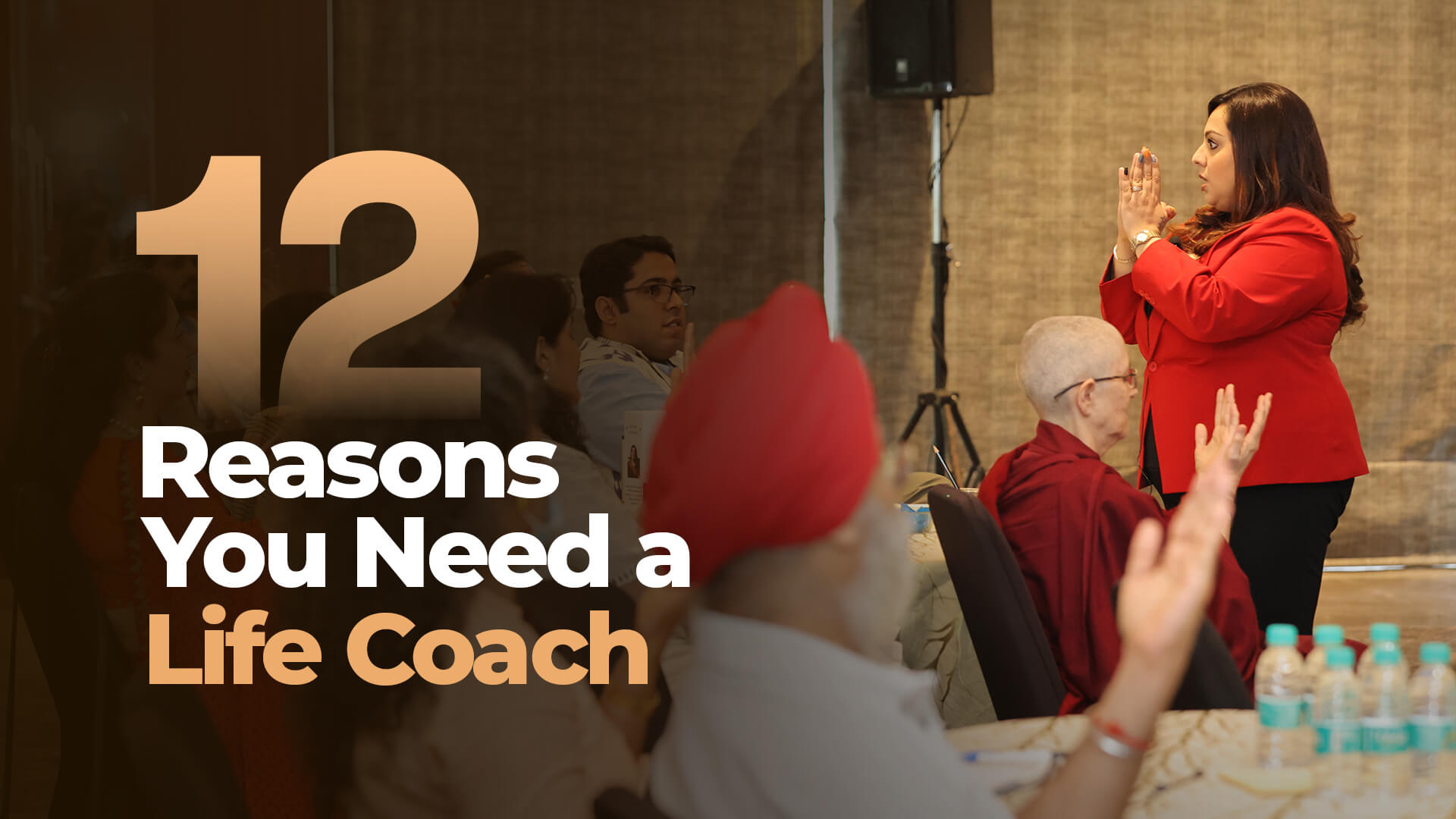In a world that often feels hurried and disconnected, have you considered the profound impact of kindness? Small acts of goodwill can uplift others and transform your own life in unexpected ways.
Every day is a chance to be “kinder than yesterday.” Waking up with the intention to spread compassion can create positive ripples in your interactions. It’s the small, intentional acts that resonate most deeply.
Research shows that kindness fosters connection and community, boosting our emotional well-being. By adopting a mindset of kindness, we contribute to a supportive atmosphere, reminding ourselves and others that it’s a daily choice.
Think of moments when someone’s unexpected kindness lifted your spirits. Reflecting on these experiences can inspire you to share that light with others. How can we consciously cultivate kindness in an indifferent society?
This article explores five practical, science-backed strategies to incorporate more kindness into your daily routine, with the goal of being “kinder than yesterday.” Each thoughtful action strengthens connections and enhances overall happiness.
The Science Behind Kindness
Before diving into specific practices, it’s worth understanding why kindness matters so much. According to a 2018 study published in the Journal of Social Psychology, participants who performed acts of kindness for seven days reported significantly higher levels of happiness compared to control groups.
Additionally, research from the Department of Psychology at the University of California, Riverside found that kind actions trigger the release of oxytocin, often called the “love hormone,” which helps lower blood pressure and improve heart health.
Dr. Emma Seppälä, Science Director of Stanford University’s Center for Compassion and Altruism Research and Education, notes: “The science of kindness demonstrates that kindness is not just good for the recipient, but also for the person performing the kind act. Kind behaviors activate the brain’s reward system, releasing dopamine and endorphins that create a natural high.”
1. Practice Mindful Listening
Why it matters
In our distraction-filled world, truly listening to someone is becoming increasingly rare—and increasingly valuable. Mindful listening involves giving your complete attention to the speaker without planning your response or judging what’s being said.
When you listen mindfully, you validate the other person’s experiences and emotions, which is one of the most profound ways to show kindness. This practice builds trust and deepens connections, creating space for authentic relationships.
How to implement mindful listening:
- Put away electronic devices during conversations
- Maintain eye contact and open body language
- Ask clarifying questions instead of immediately sharing your own experiences
- Resist the urge to offer solutions unless specifically requested
- Acknowledge emotions with phrases like “That sounds challenging” or “I can see why you’d feel that way”
“Most people do not listen with the intent to understand; they listen with the intent to reply.” –
Stephen R. Covey
2. Start a Gratitude Practice
Why it matters
Gratitude and kindness are deeply interconnected. When you recognize and appreciate the kindness others show you, you’re more likely to extend that kindness forward. Research published in the Journal of Personality and Social Psychology found that people who kept gratitude journals for ten weeks reported feeling more optimistic and satisfied with their lives.
A regular gratitude practice shifts your focus from what’s lacking to what’s abundant, creating a positive mindset that naturally leads to kinder interactions.
How to develop a gratitude practice:
- Keep a daily gratitude journal, writing down three specific things you’re thankful for
- Express appreciation directly to others through verbal acknowledgment or thank-you notes
- Create a gratitude ritual with family members, sharing moments of gratitude during meals
- Set reminders on your phone to pause and notice something positive in your environment
- Practice gratitude meditation by focusing on feelings of thankfulness for 5-10 minutes
A 2023 study in the Journal of Happiness Studies found that individuals who regularly practiced gratitude experienced a 10% increase in their feelings of connection to others and were 20% more likely to help someone with a personal problem.
3. Perform Random Acts of Kindness
Why it matters
Small, unexpected acts of kindness create moments of delight and connection that can brighten someone’s entire day. According to research from Harvard Business School, people consistently underestimate how positive recipients feel after receiving even minor acts of kindness.
Random acts of kindness don’t require grand gestures or significant resources—they simply require awareness of opportunities to ease another person’s burden or add a moment of joy to their day.
Ideas for random acts of kindness:
- Pay for the coffee of the person behind you in line
- Leave encouraging notes in public places
- Offer genuine compliments to strangers and acquaintances
- Share homemade treats with neighbors or coworkers
- Help someone carry heavy groceries or hold doors open
- Send a supportive text to someone going through a difficult time
- Donate books to a local library or school
- Leave positive reviews for small businesses you appreciate
“No act of kindness, no matter how small, is ever wasted.” – Aesop
4. Practice Self-Compassion
Why it matters
Kindness begins with how you treat yourself. Research by Dr. Kristin Neff, a pioneer in self-compassion studies, shows that people who are compassionate toward themselves are more likely to demonstrate compassion toward others.
Self-compassion involves treating yourself with the same kindness and understanding you would offer a good friend during difficult times. By filling your own emotional reserves, you have more to give to others.
How to cultivate self-compassion:
- Replace self-criticism with gentle, supportive self-talk
- Acknowledge your humanity and imperfections as part of the shared human experience
- Practice mindfulness to observe difficult emotions without judgment
- Set healthy boundaries to protect your wellbeing
- Prioritize self-care activities that genuinely replenish your energy
- Forgive yourself for mistakes and use them as learning opportunities
According to a 2021 meta-analysis published in Health Psychology Review, self-compassion interventions resulted in significant improvements in psychological well-being, with moderate to large effect sizes across multiple studies.
5. Assume Positive Intent
Why it matters
How we interpret others’ actions significantly influences our response. By assuming positive intent, you give people the benefit of the doubt rather than immediately attributing negative motivations to their behavior. This mental shift creates space for kindness even in challenging eractions.
Assuming positive intent doesn’t mean ignoring problematic behavior; instead, it means approaching situations with openness and curiosity rather than immediate judgment.
How to practice assuming positive intent:
- Pause before reacting to potentially upsetting situations
- Ask clarifying questions instead of making assumptions
- Consider possible explanations for behavior beyond personal offense
- Remember that most people are dealing with unseen challenges
- Practice perspective-taking by imagining yourself in the other person’s position
- Use phrases like “I’m curious about…” rather than accusatory statements
A 2019 study published in the Journal of Experimental Social Psychology found that participants who were primed to assume positive intent in ambiguous social situations reported less anxiety and showed greater willingness to engage socially, creating more opportunities for positive interactions.
The Ripple Effect of Kindness
When you incorporate these five practices into your daily life, you create what researchers call a “positive feedback loop.” Your kind actions make others feel good, which increases the likelihood they’ll act kindly toward someone else, continuing the cycle. Additionally, witnessing acts of kindness has been shown to elevate mood and increase prosocial behavior—a phenomenon scientists call “moral elevation.”
A 2016 study published in Emotion found that people who witnessed kind acts experienced heightened feelings of elevation and were subsequently more likely to perform acts of kindness themselves, suggesting that kindness is truly contagious.
How Our Services Can Support Your Kindness Journey
At Gateway of Healing, several of our offerings can help strengthen your capacity for kindness by addressing emotional blocks, enhancing self-awareness, and promoting inner balance:
Meditation Mindfulness
Regular meditation practice can enhance your ability to be present during interactions, supporting mindful listening and helping you notice opportunities for kindness.
Chakra Balancing
When your energy centers are aligned, compassion flows more naturally. Chakra balancing can help remove emotional blockages that might be limiting your capacity for kindness.
Angel Healing
This gentle practice can help restore feelings of connection and compassion, supporting your journey toward greater kindness.
Life Coaching
Our coaches can help you develop personalized strategies for incorporating kindness into your specific life circumstances and relationships.
Emotion Freedom Technique
EFT can help release negative emotions that might be blocking your natural kindness, such as resentment, anger, or fear.
Kinder than Yesterday: Small Actions, Big Impact
Kindness doesn’t require grand gestures or perfect execution. The five approaches outlined in this article—mindful listening, gratitude practice, random acts of kindness, self-compassion, and assuming positive intent—can be incorporated into your daily routine in ways that feel authentic and sustainable for you.
Remember that being kinder is not about adding another item to your to-do list—it’s about approaching life with an open heart and awareness of how your actions affect others. Start with one practice that resonates with you, and notice how it influences your interactions and well-being.
As author Henry James noted: “Three things in human life are important: the first is to be kind; the second is to be kind; and the third is to be kind.”
Ready to deepen your kindness practice with professional support? Explore our meditation mindfulness sessions, chakra balancing, or life coaching services at Gateway of Healing. Contact us today to learn how we can help you cultivate greater compassion for yourself and others.
Frequently Asked Questions
Q: Can kindness really make a difference in today’s challenging world?
A: Research consistently shows that kindness has a significant positive impact on both individual well-being and community cohesion. A 2022 study from the University of Sussex found that even small acts of kindness can create a “ripple effect” that extends to up to three degrees of separation from the original kind act.
Q: I’m naturally introverted. How can I practice kindness in ways that feel comfortable?
A: Kindness takes many forms beyond direct social interaction. Introverts might prefer writing thoughtful notes, making anonymous donations, or performing behind-the-scenes acts of service. Self-compassion and assuming positive intent are also powerful forms of kindness that don’t require extensive social interaction.
Q: How can I be kind to difficult people without enabling negative behavior?
A: Kindness doesn’t mean abandoning boundaries or accepting mistreatment. You can maintain kind intentions whil clearly communicating your limits. Sometimes, the kindest action involves respectfully disengaging from harmful dynamics while still wishing the other person well.
Q: How long does it take to see the benefits of practicing kindness?
A: Some benefits, like the “helper’s high” (a boost in mood after helping others), can be experienced immediately. Other benefits, such as improved relationships and increased life satisfaction, typically develop over time with consistent practice. A 2017 study in the Journal of Positive Psychology found that participants who performed kind acts daily for just one week reported significant increases in happiness and life satisfaction.
Q: What books do you recommend for further exploring kindness practices?
A: Here are five excellent resources:
- “The Kindness Method” by Shahroo Izadi
- “The War for Kindness: Building Empathy in a Fractured World” by Jamil Zaki
- “The Science of Kindness” by Dacher Keltner
- “The Power of Kindness” by Piero Ferrucci
- “Kindness and Wonder: Why Mister Rogers Matters Now More Than Ever” by Gavin Edwards
Reach Dr. Chandni’s support team at +918800006786 and book an appointment.










